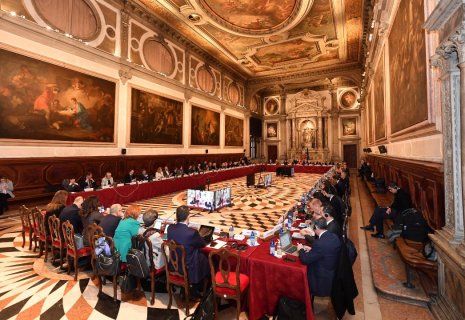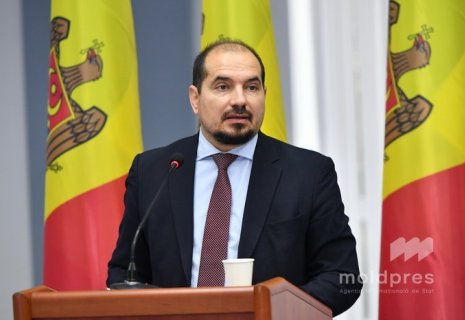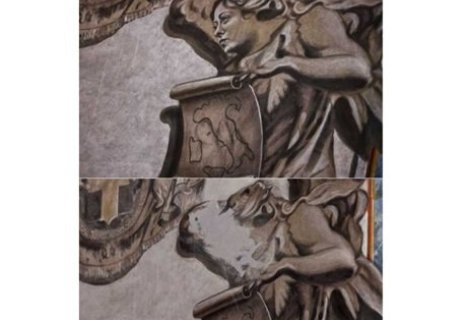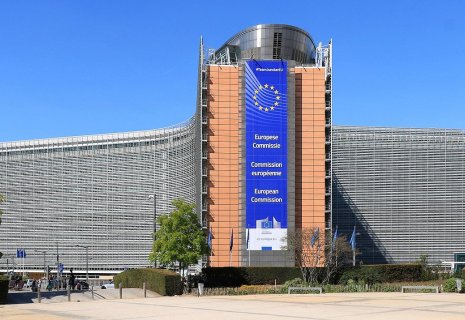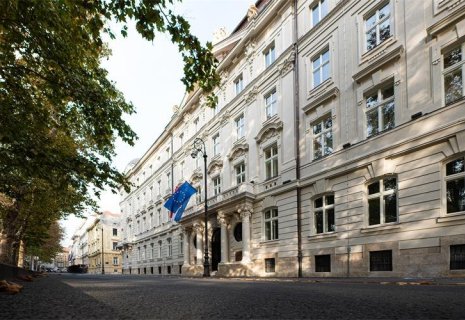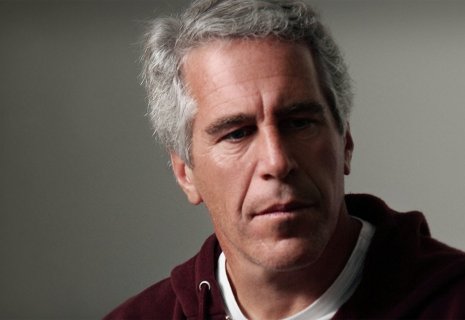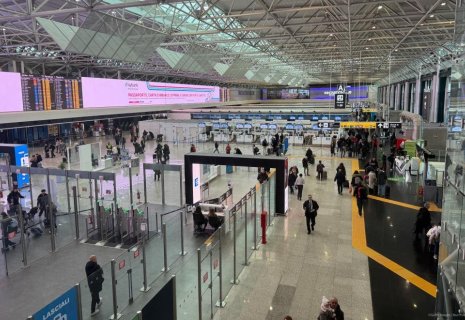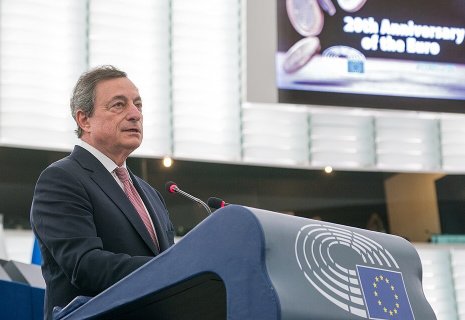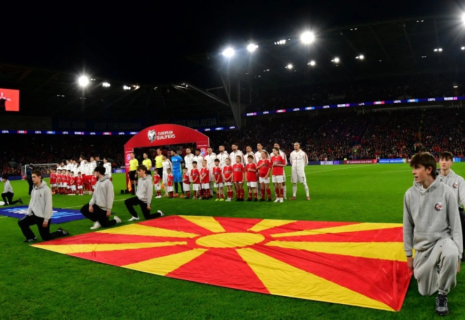
Slovenia to increase defence spending as NATO summit approaches
Slovenia is near the tail end among NATO members in terms of defence spending and has so far been aiming to reach the 2% of GDP target by 2030. However, Prime Minister Robert Golob now says that target will have to be reached sooner.
"Of course, it must happen sooner," Golob said as he arrived for an EU summit in response to questions from journalists about whether the country would step up defence expenditure to 2% of GDP before 2030.
He declined to elaborate on specifics of the spending increase, a topic that EU leaders will also debate at the summit, dedicated to the bolstering of Europe's defence capabilities, continued support for Ukraine and the EU-US partnership.
The prime minister said it was too early to discuss precise timelines but confirmed Slovenia will draft a spending increase scenario ahead of the NATO summit in The Hague in late June. The government will share this plan with parliament and the public beforehand.
Golob's comments come after a turnaround in the US's position on Ukraine. Only a month ago when attending an informal EU summit he insisted that Slovenia was not considering altering its existing strategy to reach the 2% target by 2030.
Defence Ministry projections show Slovenia's defence spending is to reach 1.5% of GDP this year and 1.6% in 2026.
Focus on dual-use capacity building
In boosting defence capabilities, Golob argues the most efficient approach would be to use the resources to establish a Slovenian and in particular a European industrial base. Investments should focus on dual-use capacities, civilian and military.
"I don't believe in one-sided solutions, like simply purchasing weapons from anywhere. That has never resolved a single war. But I do believe we must build a more resilient Europe, as such a Europe will confront challenges more easily," he said.
He welcomed the possibility of temporarily easing EU budgetary rules to meet the goals and Slovenia is also willing to support Germany's proposal for a longer-term departure from public finance rules.
On the eve of the EU summit Golob held a series of consultations, including with Ukrainian President Volodymyr Zelensky, several EU leaders, and Slovenia's ambassador to NATO.
The opposition parties have also expressed their opinion that Slovenia should meet its 2% of GDP spending target sooner than planned, while the coalition have thus far declined to comment.
The smallest of the three coalition parties, the Left has been opposed to higher spending for weapon purchases on principle.

